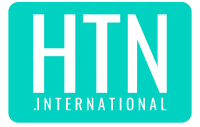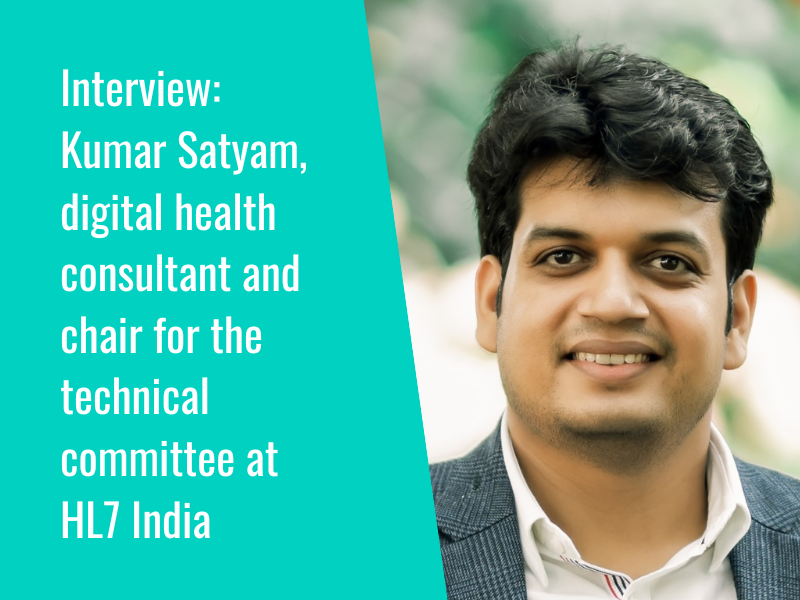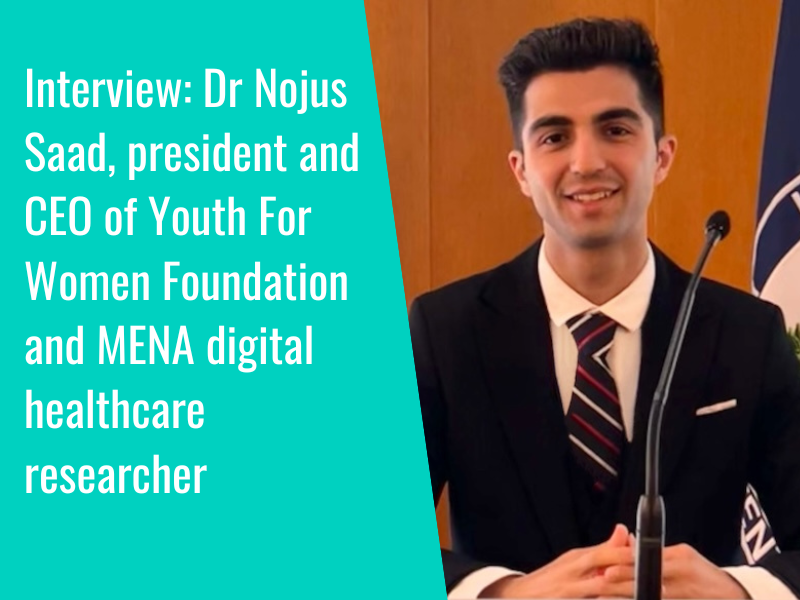A study recently published in the Africa Journal For Regulatory Affairs (AJFRA) has highlighted gaps in regulation for telemedicine and digital health in Ghana, pointing to an increased potential for malpractice and an “amplified” risk to patient privacy and data protection.
Noting the “increasing reliance” on electronic health records (EHRs) and AI-based systems in healthcare, as well as challenges with ensuring the standard of care and liability for health professionals utilising telemedicine and associated technologies, the author cites an “urgent need to address malpractice issues” such as patient privacy breaches and “negligence by healthcare providers”.
Looking to existing laws and regulations such as Ghana’s Public Health Act of 2012 and the Alternative Medical Healthcare Practice Act of 2000, the study further notes challenges around “effectively applying existing regulations to emerging technologies like AI in healthcare”, including in ensuring data privacy and security in EHR use and AI integration; establishing “clear standards of care and liability” for health providers using AI-based systems; maintaining transparency in the use of these technologies; and “enabling admissibility of AI-generated analyses as evidence in medical malpractice cases”.
Recommendations offered to address these challenges include strengthening data protection regulations and cybersecurity standards; amending the Public Health Act of 2012 to include “specific provisions related to AI governance and data privacy in healthcare”; updating the Electronic Transactions Act of 2008 to “incorporate guidelines for secure electronic health transactions and AI-assisted telemedicine consultations”; and integrating AI governance principles into the Ghana Health Service and Teaching Hospitals Act of 1996 to “ensure that healthcare facilities have appropriate oversight mechanisms in place to monitor the use of AI systems and prevent malpractice”.
For healthcare organisations, the study recommends regular training and education for staff on the ethical and legal implications of AI-based tools, the implementation of “strict access controls” and regular data audits to minimise risks to patient data, and an investment in “robust cybersecurity infrastructure”.
The study concludes that as Ghana “continues to navigate the rapidly evolving landscape of digital health”, a commitment to “proactive and patient-centric malpractice regulation will be essential to harness the full potential of these technologies while safeguarding the interests of patients and society as a whole”.
Citation: Mensah, G. B. Regulating Malpractice in Telemedicine and Digital Health. Africa Institute For Regulatory Affairs LBG, June 2024, DOI:10.62839/AJFRA.v01i01.62-76.
Back in November, we covered the publication of a programme update from the Republic of Ghana’s Ministry of Health, which highlighted progress on the country’s national e-health project, said to be “transforming healthcare across the country and placing Ghana at the forefront of healthcare in Africa”.
- 1
- 2
















